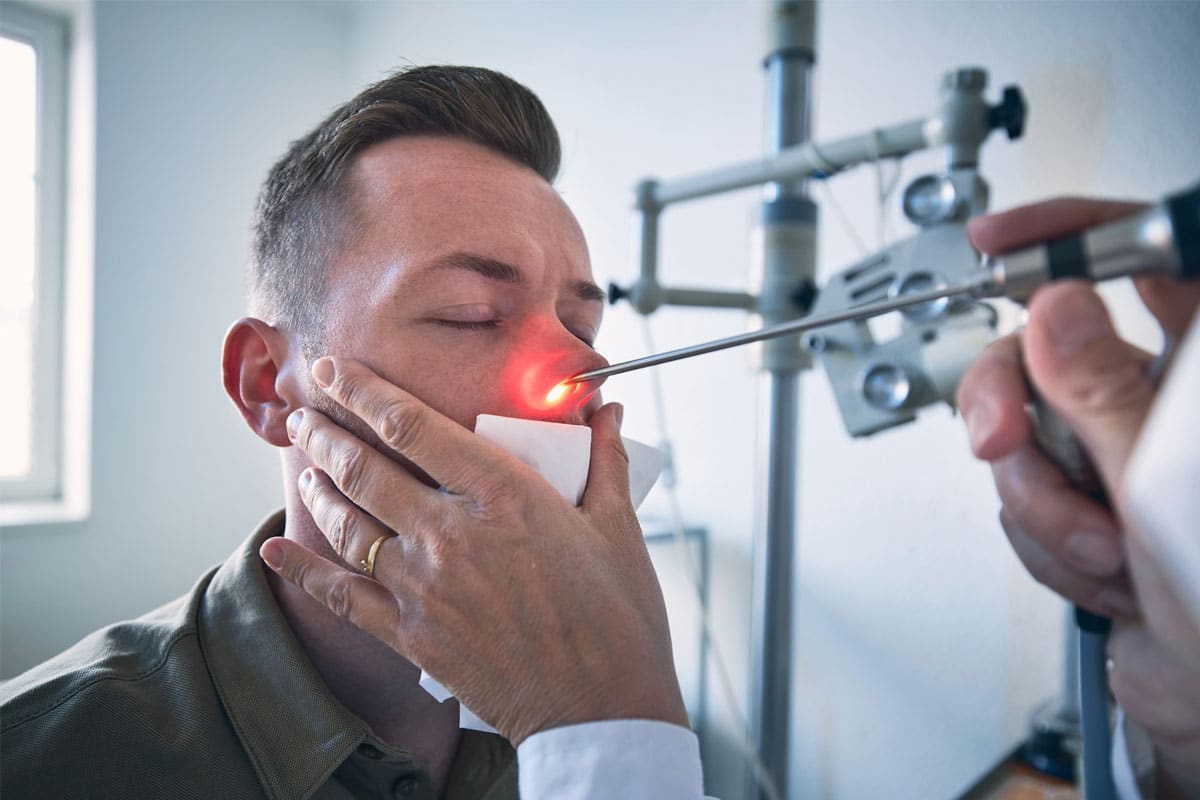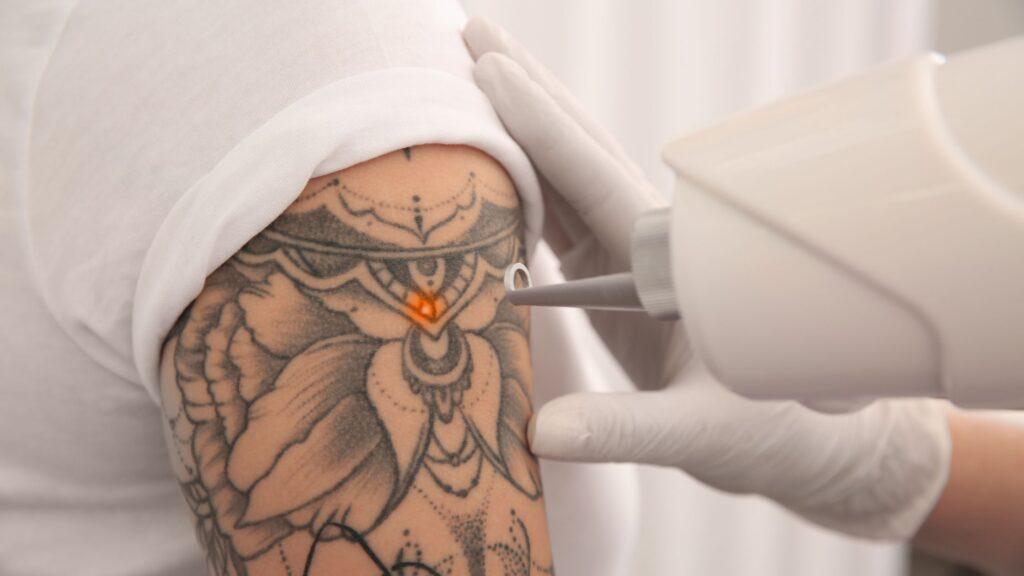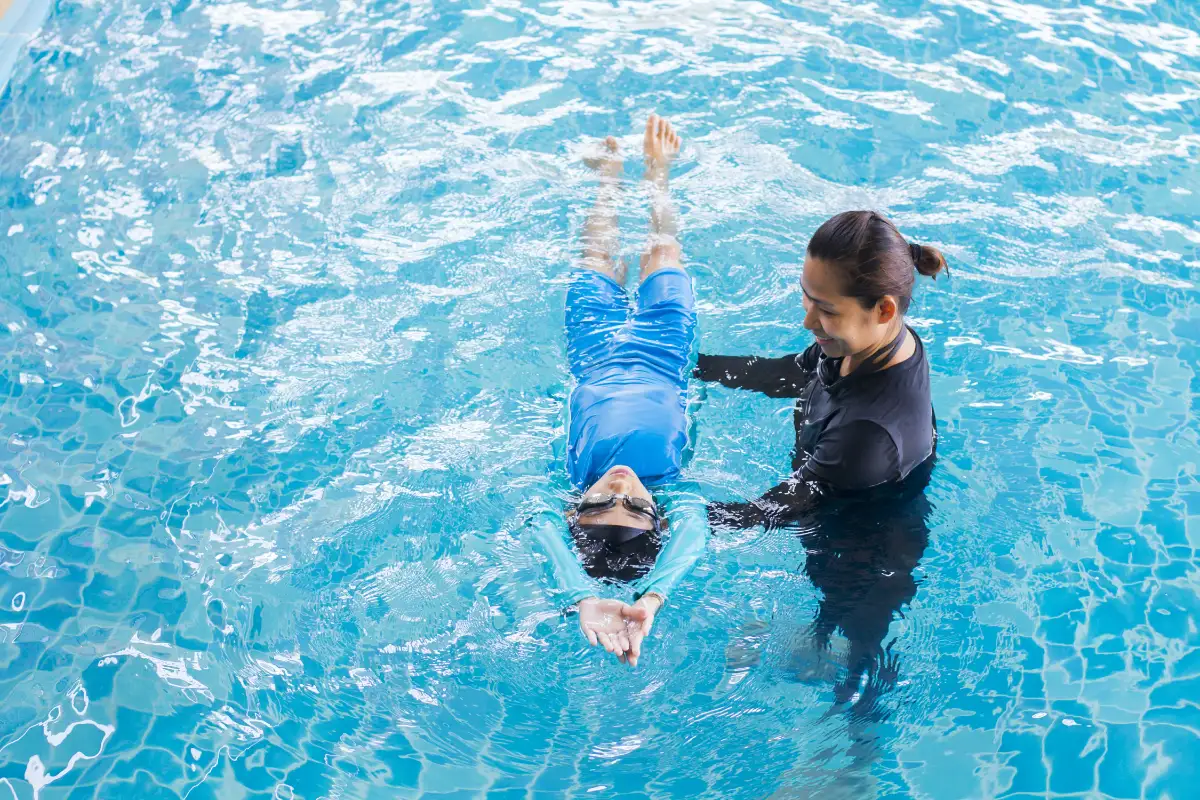Hangovers can turn a fun night out into a morning of misery. Waking up with a pounding headache, nausea, and fatigue can put a damper on anyone’s day. However, there are numerous best ways to prevent hangovers and enjoy a morning-free day after a night of revelry. In this blog post, we’ll explore some effective hangover prevention tips and tricks that can help you wake up feeling refreshed and ready to take on the day.
1. Hydration is Key:
One of the best ways to prevent hangovers is to stay hydrated throughout the night. Alcohol is a diuretic, meaning it causes you to lose fluids more quickly. Dehydration can exacerbate hangover symptoms, so it’s essential to drink plenty of water while consuming alcohol. Alternating between alcoholic beverages and water can help you stay hydrated and lessen the severity of a hangover. Moreover, hydrating before bed and replenishing electrolytes with sports drinks or coconut water can aid in preventing dehydration and reducing hangover symptoms.
2. Pace Yourself:
Another effective hangover prevention strategy is to pace yourself when drinking. Drinking too much alcohol too quickly can overwhelm your body’s ability to process it, leading to a more severe hangover. Instead, try to space out your drinks and enjoy them slowly. Sipping on a glass of water between alcoholic beverages can also help you moderate your alcohol intake. Additionally, setting a drink limit for yourself and sticking to it can prevent overindulgence and reduce the risk of a hangover.
3. Choose Your Drinks Wisely:
Not all alcoholic beverages are created equal when it comes to hangovers. Darker drinks like red wine, whiskey, and rum tend to contain more congeners, which are byproducts of the fermentation process that can contribute to hangover symptoms. Opting for lighter-colored drinks like vodka, gin, and light beer may help reduce the likelihood of experiencing a severe hangover. Furthermore, avoiding sugary cocktails and opting for drinks with fewer additives can minimize hangover risk and promote overall well-being.
4. Eat Before Drinking:
Eating a substantial meal before drinking alcohol can help slow down the absorption of alcohol into your bloodstream. Foods high in protein, healthy fats, and complex carbohydrates are particularly effective at lining your stomach and reducing the impact of alcohol on your body. Consider enjoying a balanced meal before heading out for a night of drinking to minimize the effects of a hangover. Additionally, incorporating antioxidant-rich foods like berries and leafy greens can help combat oxidative stress caused by alcohol consumption.
5. Get Plenty of Sleep:
Getting enough sleep is crucial for your body to recover from the effects of alcohol consumption. Alcohol disrupts your sleep patterns and can leave you feeling groggy and fatigued the next day. Aim for at least seven to eight hours of quality sleep to allow your body to rest and recuperate fully. Avoiding caffeine and electronic devices before bedtime can also improve the quality of your sleep. Additionally, practicing relaxation techniques like deep breathing or meditation can promote better sleep and enhance hangover prevention efforts.
6. Take Hangover Prevention Supplements:
Several supplements are marketed as hangover prevention aids, claiming to reduce the severity of hangover symptoms or prevent them altogether. Ingredients like prickly pear extract, ginger, and vitamin B complex are commonly found in these supplements and may offer some relief from hangover symptoms. However, it’s essential to research these products carefully and consult with a healthcare professional before taking them. Moreover, incorporating these supplements into your daily routine can provide ongoing support for liver health and enhance the body’s ability to metabolize alcohol.
7. Stay Active:
Engaging in light exercise or physical activity can help alleviate hangover symptoms by increasing blood flow and releasing endorphins, which can improve your mood. Going for a brisk walk, practicing yoga, or hitting the gym for a gentle workout can help you feel more energized and less sluggish after a night of drinking. Just be sure to listen to your body and avoid strenuous exercise if you’re feeling particularly unwell. Additionally, spending time outdoors and connecting with nature can further enhance your well-being and support hangover recovery.
8. Practice Moderation:
Ultimately, the best way to prevent hangovers is to practice moderation when it comes to alcohol consumption. While it’s okay to indulge occasionally, drinking excessively can have serious consequences for your health and well-being. Set limits for yourself and stick to them, and know when it’s time to call it a night. By drinking responsibly, you can enjoy the occasional night out without suffering from the dreaded morning-after hangover. Moreover, prioritizing alternative activities like attending events that don’t revolve around alcohol can reduce overall alcohol consumption and lower the risk of hangovers.
9. Consider Anti-Hangover Drinks:
In recent years, the market has seen the rise of various anti-hangover drinks, such as Dotshot. Dotshot is a specially formulated beverage designed to alleviate hangover symptoms by replenishing essential nutrients and supporting liver function. Packed with antioxidants, vitamins, and natural extracts, Dotshot aims to combat the negative effects of alcohol on the body, helping you wake up feeling refreshed after a night out.
While the effectiveness of such drinks may vary from person to person, incorporating them into your post-drinking routine alongside other hangover prevention strategies could provide additional support in mitigating the discomfort of a hangover. However, it’s essential to research these products thoroughly and consult with a healthcare professional before use to ensure their safety and efficacy.
Conclusion:
Nobody enjoys waking up with a hangover, but thankfully, there are several hangover prevention strategies that can help you avoid that unpleasant experience. From staying hydrated and pacing yourself to choosing your drinks wisely and getting plenty of sleep, incorporating these tips and tricks into your routine can make all the difference in how you feel the morning after a night of drinking. Remember to listen to your body, drink responsibly, and prioritize your health and well-being above all else. Here’s to enjoying many more morning-free days ahead!






